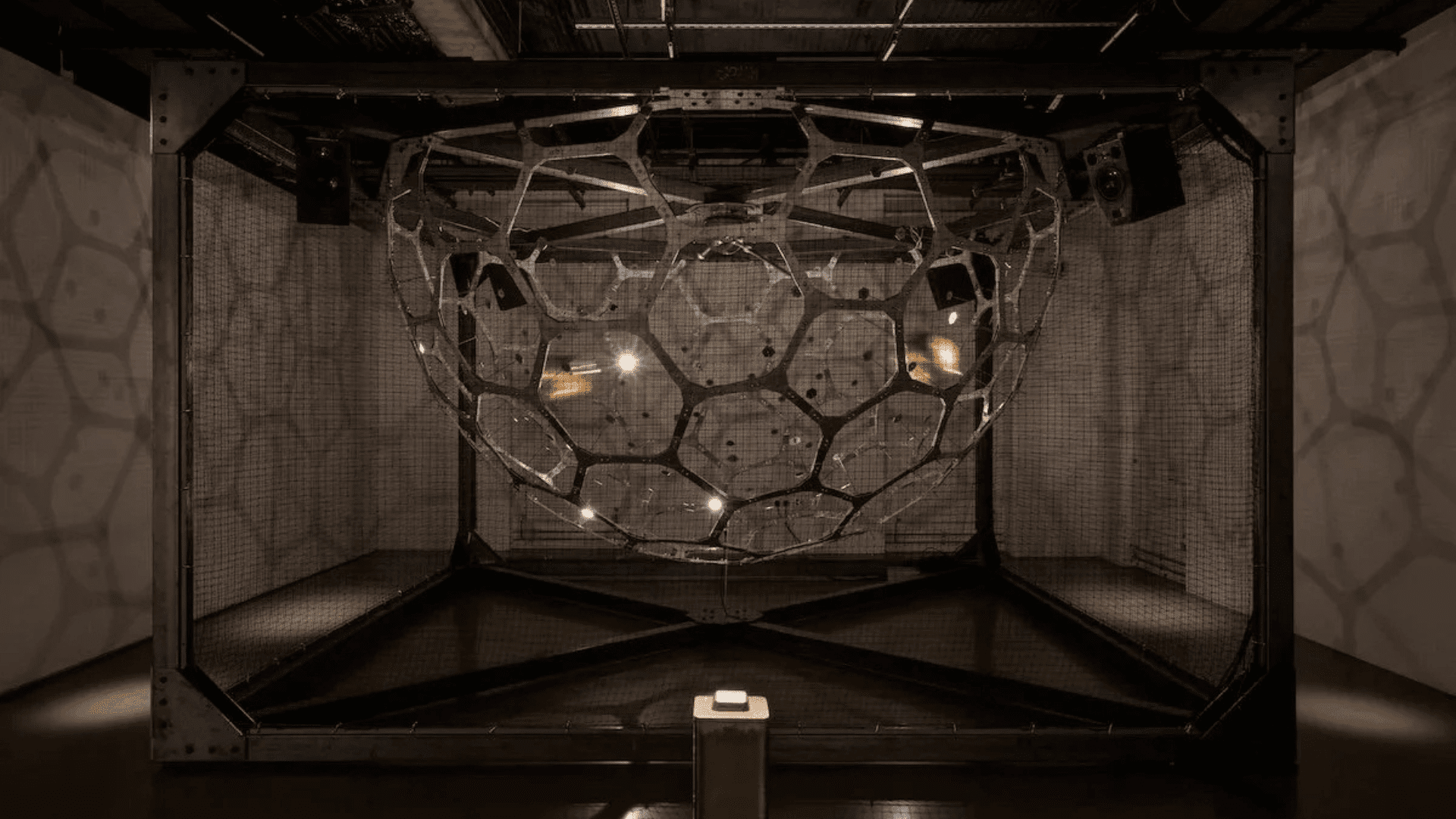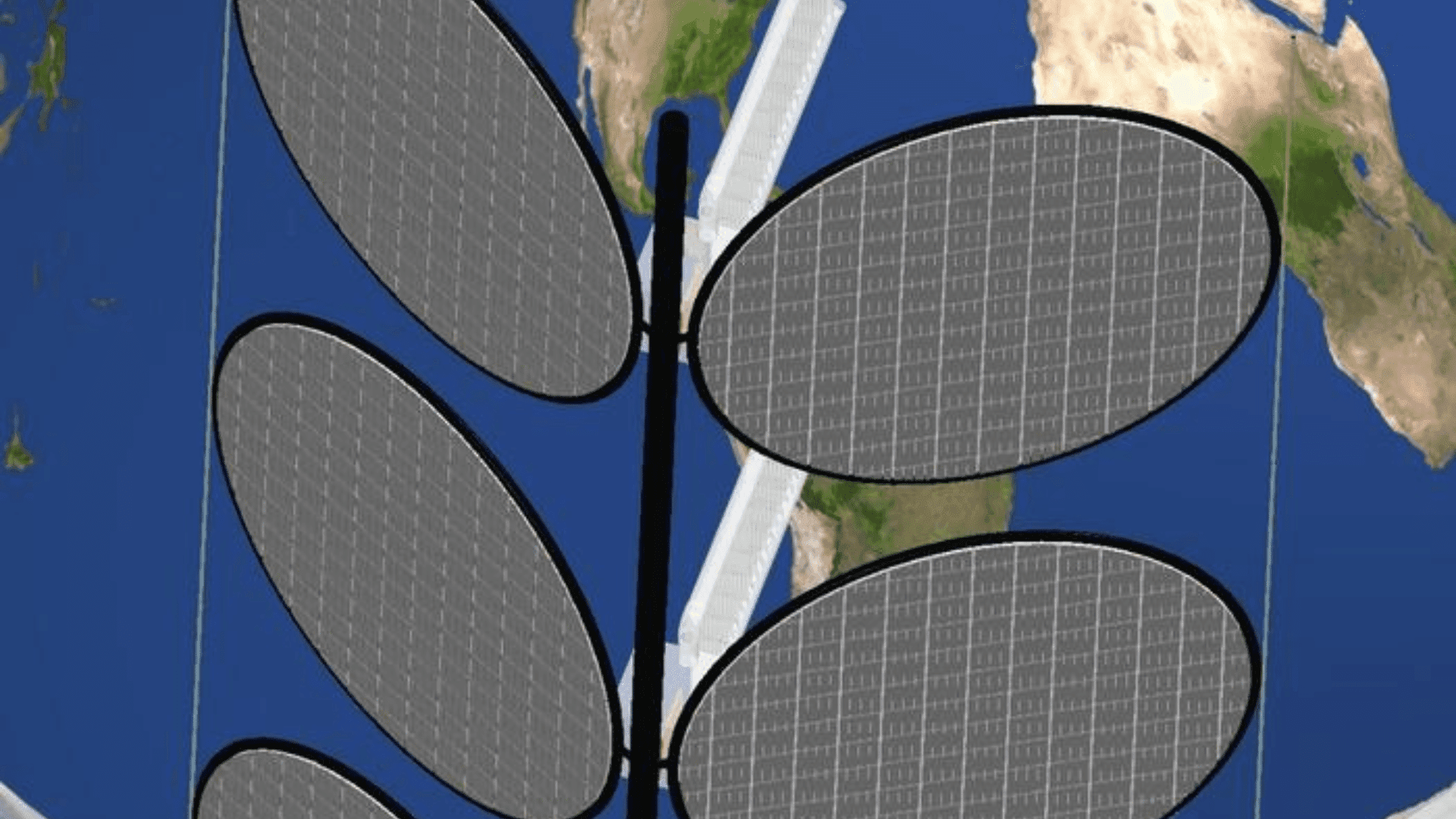A new exhibition called ‘Quantum Untangled’, based at the Science Gallery on King’s College London campus, draws on research from King’s Quantum, a dedicated team of interdisciplinary scientists helping to bring the technology to life.
The exhibition explores quantum concepts and their potential impact on our future through the perspectives of scientists, artists, philosophers, and poets. Visitors will travel through quantum’s shifting scales, encompassing tiny subatomic particles and the ever-expanding universe
Quantum Untangled Exhibition

Through immersive sculptural installations and interactive art, the exhibition poses questions such as ‘what has quantum got to do with me?’ to ‘how does quantum feel?’ and ‘will quantum change our world?’.
In a series of portraits, videos, and audio guides, King’s Quantum scientists Dr. Mark Mitchison and Dr. Eleanor Crane untangle the complexities of quantum. The center’s research includes black holes, quantum computers, and quantum-powered healthcare.
“Because the impact of quantum technologies on all of our lives will be so huge, it’s essential for scientists to be in dialogue with the public. Quantum Untangled will help to convey the beauty of quantum science through an artistic language that speaks to all of us,” stated Professor James Millen, Director of King’s Quantum.
One of the installations, ‘Ringdown’, represents the theoretical moment when two black holes merge and gravitational waves are emitted. The Quantum Untangled exhibition runs from October 8, 2025, to February 28, 2026.
“Quantum science is reshaping the foundations of our world, yet its concepts – particles in two places at once, instant connection across space – can feel counterintuitive and difficult to grasp. These ideas challenge the ways we think about reality itself,” said Beatrice Pembroke, Director of King’s Culture and Science Gallery London.
“Our free public exhibition and events programme, Quantum Untangled, helps translate the invisible into the imaginable and reveals not just how quantum works but why it matters. It invites everyone into the wonder of quantum – not just to understand it but to experience it.”







